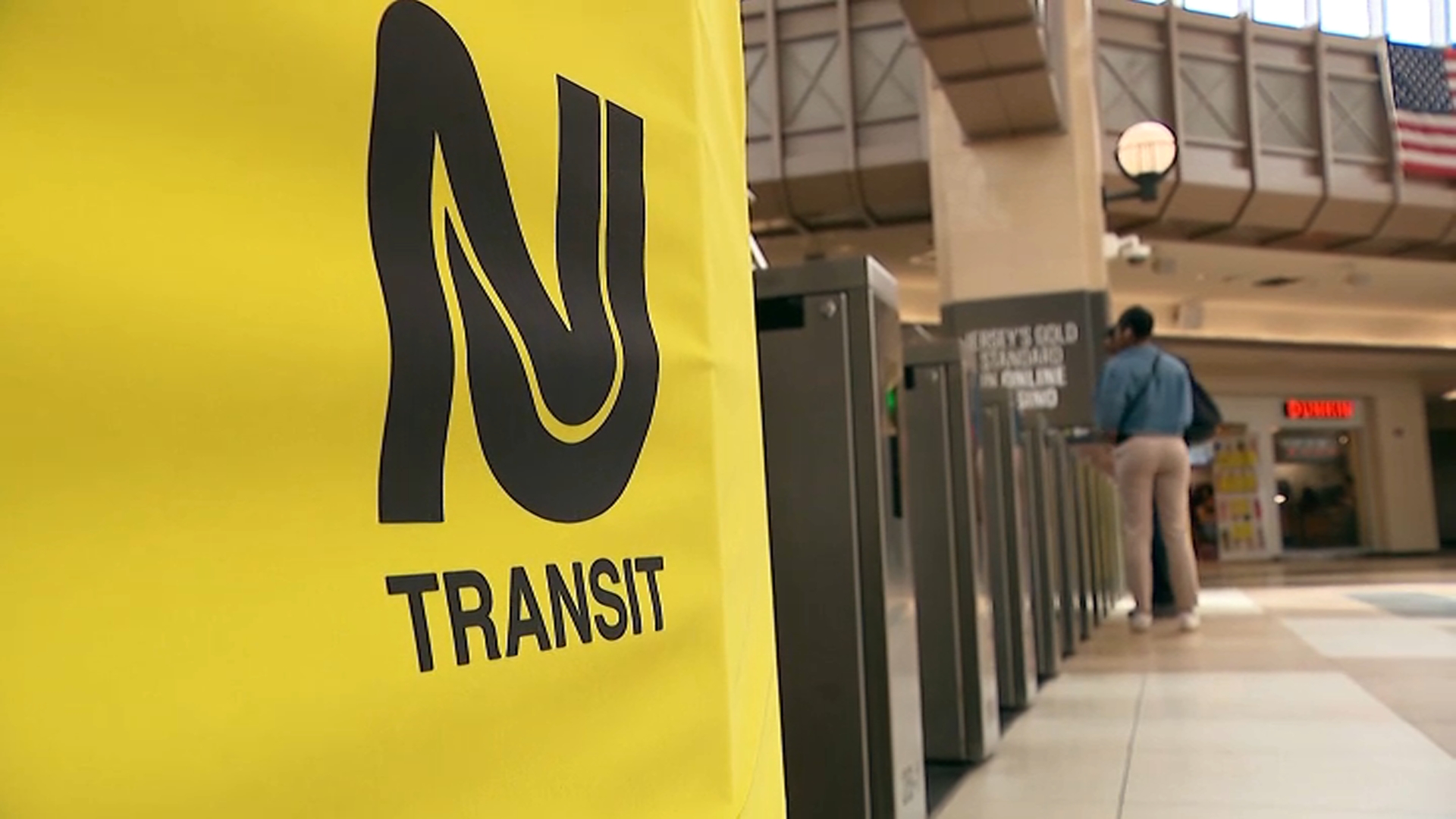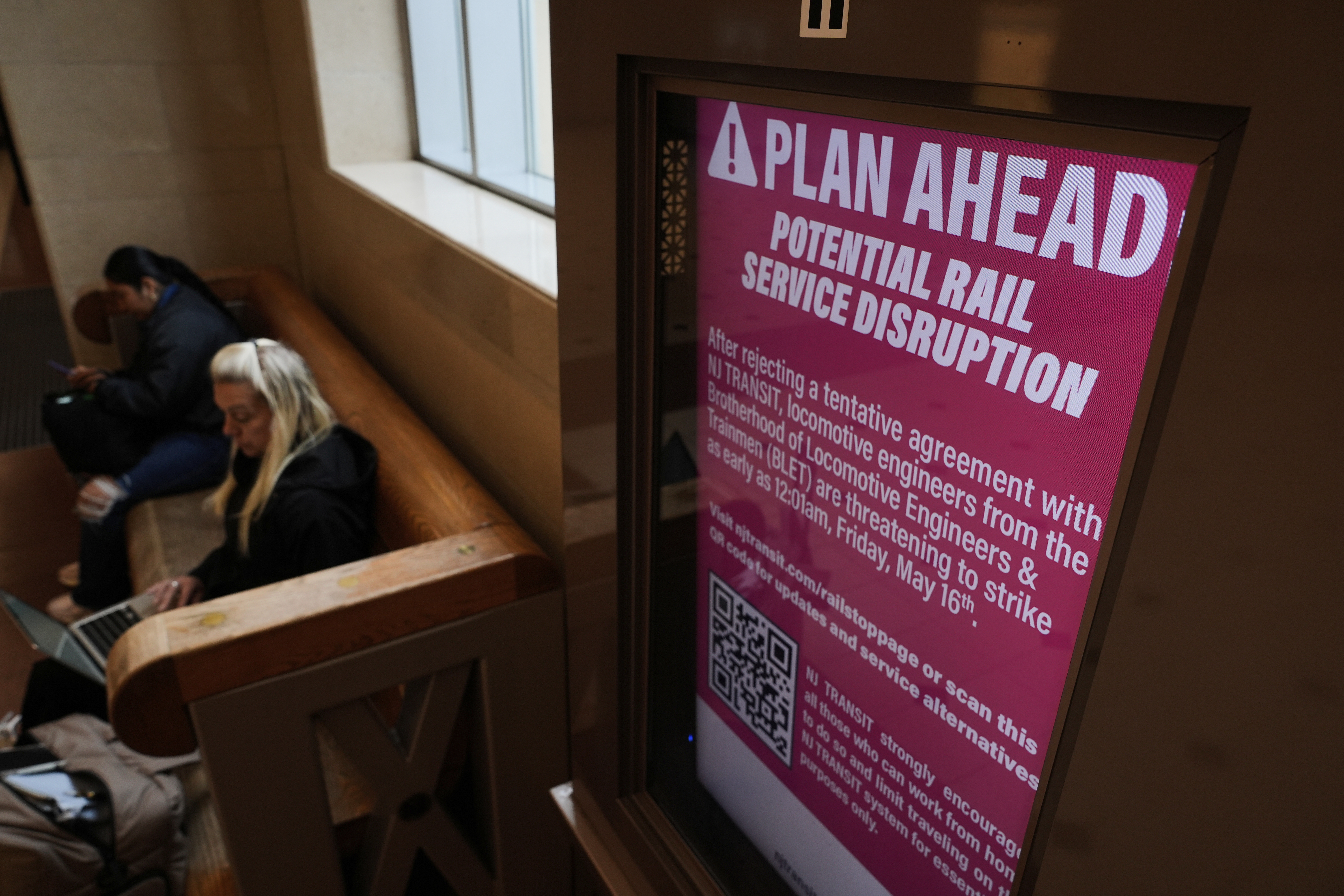NJ Transit Strike Imminent: How to Prepare Now
NJ Transit Strike Looms: Are You Ready for the Commute Chaos?
Introduction: The Commute Clock is Ticking
Picture this: You're rushing to catch your usual NJ Transit train, but instead of boarding, you're met with picket lines. Sounds like a nightmare, right? Well, that nightmare could become reality sooner than you think. A potential NJ Transit strike is brewing, and with negotiations between NJ Transit and the Brotherhood of Locomotive Engineers seemingly at a standstill, the possibility is becoming increasingly real. New Jersey's first major rail strike in forty years could be just around the corner. This isn't just about train delays; it's about impacting the lives of thousands of commuters, the state's economy, and the overall flow of New Jersey life.
The Breakdown: What’s Causing the Impasse?
So, what exactly is causing this potential commuter catastrophe? According to Tom Haas, the union’s chairman, “New Jersey transit had rejected our last offer and they walked away from the table.” It sounds like a classic case of disagreement, but what are they disagreeing about? It boils down to money, as these things often do.
The Salary Standoff
The core of the conflict revolves around the reported salaries of NJ Transit engineers. NJ Transit claims the average pay is $135,000, while the union argues it's closer to $105,000. That's a significant difference! Who's telling the truth? Is someone cooking the books, or is there a misunderstanding of what constitutes "average pay"? This disagreement is the fuel igniting the potential strike fire.
The Union's Perspective: More Than Just Numbers
It’s easy to get lost in the numbers, but let’s remember there are real people behind these figures. The Brotherhood of Locomotive Engineers isn't just fighting for a bigger paycheck; they're fighting for what they believe is fair compensation for their skills, experience, and the crucial role they play in keeping our trains running safely and on time. Their dedication and expertise are the lifeblood of the NJ Transit system.
Quality of Life Concerns
Beyond the base salary, there are undoubtedly concerns about workload, benefits, and overall working conditions. Are engineers being overworked? Are they getting adequate time off? These factors all contribute to job satisfaction and, ultimately, the safety of the rail system.
NJ Transit's Position: Balancing the Budget
On the other side of the tracks, NJ Transit has a responsibility to manage its budget responsibly and efficiently. They have to balance the needs of their employees with the financial realities of running a massive transportation system. Are they truly unable to meet the union's demands, or is there room for compromise?
The Taxpayer Burden
Let's not forget who ultimately foots the bill: the New Jersey taxpayer. Any increase in labor costs will likely translate into higher fares or increased taxes. This creates a delicate balancing act for NJ Transit, as they strive to provide quality service without overburdening residents.
The Imminent Deadline: One Week to Avert Disaster
With just a week remaining before the potential strike deadline, the pressure is mounting on both sides to reach an agreement. Can they bridge the gap and find common ground, or are we headed for a major disruption? Every hour counts in this high-stakes negotiation.
The Potential Impact of a Strike: Commuter Chaos
A strike would be devastating for commuters. Imagine thousands of people scrambling for alternative transportation, already overcrowded highways becoming even more congested, and the ripple effect on businesses and the economy.
Alternative Transportation Options: Limited Relief
While some commuters might be able to carpool, take buses, or work remotely, these options are limited and may not be feasible for everyone. The resulting congestion and delays would be a logistical nightmare.
The Ripple Effect: Beyond the Rails
The impact of a strike wouldn't be confined to commuters alone. Businesses that rely on NJ Transit for employees and customers would suffer, and the overall economy of the state could take a hit. This isn't just a transit issue; it's an economic issue.
Economic Consequences
Reduced productivity, lost revenue, and decreased tourism are just some of the potential economic consequences of a prolonged strike. The state needs to consider the long-term implications of this labor dispute.
Possible Solutions: A Path to Resolution
So, what can be done to avert this looming crisis? Both sides need to come back to the negotiating table with a willingness to compromise. A mediator might be able to facilitate a constructive dialogue and help them find common ground.
Mediation and Arbitration
Mediation involves a neutral third party who helps the parties reach a voluntary agreement. Arbitration, on the other hand, involves a neutral third party who makes a binding decision that both parties must follow. Both options can be effective in resolving labor disputes.
Creative Compromises
Perhaps a phased-in salary increase, coupled with improvements to working conditions, could be a solution that satisfies both sides. Creative thinking and a willingness to explore all options are essential.
Preparing for the Worst: What Commuters Can Do Now
While we hope for the best, it's always wise to prepare for the worst. Commuters should start exploring alternative transportation options, talking to colleagues about carpooling, and considering the possibility of working remotely.
Planning Your Contingency Plan
Now is the time to research bus routes, explore ride-sharing options, and discuss flexible work arrangements with your employer. Don't wait until the last minute to figure out your Plan B.
The Bigger Picture: Investing in Infrastructure
This potential strike underscores the need for ongoing investment in New Jersey's transportation infrastructure. A reliable and efficient transportation system is vital to the state's economy and quality of life. We need to ensure that NJ Transit has the resources it needs to attract and retain qualified employees and maintain a safe and efficient operation.
Conclusion: A Call for Collaboration
The clock is ticking, and the stakes are high. A potential NJ Transit strike looms large, threatening to disrupt the lives of thousands of commuters and impact the state's economy. The key takeaways are clear: both sides need to return to the negotiating table with a renewed commitment to finding a solution. Compromise, creativity, and a focus on the greater good are essential to averting this looming crisis. For commuters, preparing for alternative travel options is crucial. It's time for collaboration, not confrontation, to ensure a smooth and reliable transportation system for New Jersey.
Frequently Asked Questions
Here are some frequently asked questions to help you understand the situation better:
- What happens if NJ Transit and the union don't reach an agreement?
If no agreement is reached, the union could go on strike, which would significantly disrupt NJ Transit rail service. - How will a strike affect my commute?
If a strike occurs, train service would likely be suspended, forcing commuters to find alternative transportation options, such as buses, carpools, or remote work. - What can I do to prepare for a potential strike?
Explore alternative transportation options, talk to colleagues about carpooling, and discuss flexible work arrangements with your employer. - Is there anything I can do to help prevent a strike?
Contact your state representatives and urge them to encourage both sides to negotiate in good faith and reach a fair agreement. - How long could a strike last?
The duration of a strike is unpredictable and depends on how long it takes for both sides to reach an agreement. It could last days, weeks, or even longer.

